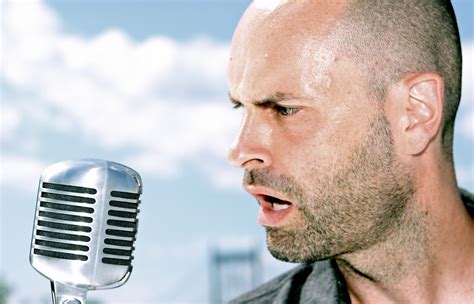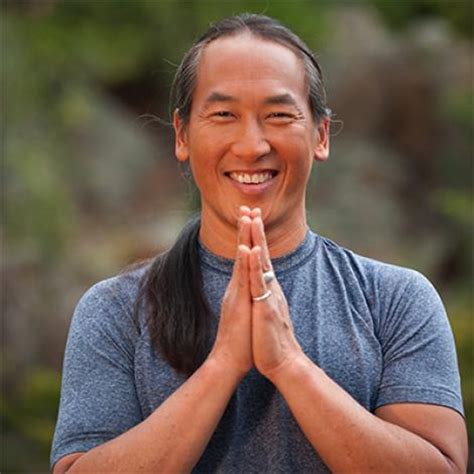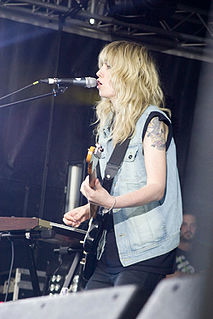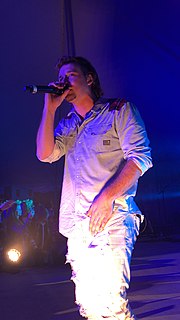A Quote by Evelyn Glennie
The audience plays a huge part in how a piece will actually form. They really allow the performers to walk a tightrope in a way that never seems to happen in the privacy of your own four walls. I'm listening to the audience, and they're listening to me.
Related Quotes
Become better listeners. Practice the art of listening in everything you do. Not just listening to yourself and your body, but listening to the people around you, listening to the plant world, the animal world. Really open your ears to what's coming at you. From there, see if you can have the ability to respond instead of react. And that usually comes with listening. If the observation and the listening are deep, then your action will be deep also.
I will do plays as long as they're interested in having me do them. It's the biggest opportunity to learn the most about how to act. Something I discover every time I'm doing one is how little I know about acting - how important the art of listening is, and how important it is to listen with your entire body. You can tell so much of a story with stillness, and a lot of that can be from really actively listening to your scene partner.
The live audience, just getting an instant reaction off of an audience is the best part[of the show]. Being in the studio and working on your songs and listening to them back and doing all that - it's a lot of fun, but having that instant reaction and being able to work and vibe with an audience is the best part.
If you're listening to a symphony, you're getting all the information, including the audience around you, the delay from the sides of the concert hall, the whole thing. If one of those musicians is sharply out of tune or starts to play a different piece of music than all the others in the orchestra, you immediately notice. When you analyze systems by listening, you can just listen, and you can tell whether the system is healthy or unhealthy. What I've created for you is a perfect model of how we should be listening to our stock market, rather than trying to see it graphically.
Donald Trump in Philadelphia, and he's delivering a very substantive speech on military preparedness, the status of the current military. He detailed the deterioration of the U.S. military in the past eight years and explained how he's going to rebuild it and why we need to, and it's a very tough audience. It's an expressly military audience, and they are of course listening for any sign that he's not really genuine here. I think, knocking this out of the park as far as that audience is concerned.
What I love most about playing in front of people has something to do with a certain kind of energy exchange. The attention and appreciation of my audience feeds back into my playing. It really seems as if there is a true and equal give and take between performer and listener, making me aware of how much I depend on my audience. And since the audience is different every night, the music being played will differ too. Every space I performed in has its own magic and spirit.
True listening is another way of bringing stillness into the relationship. When you truly listen to someone, the dimension of stillness arises and becomes an essential part of the relationship. But true listening is a rare skill. Usually, the greater part of a person's attention is taken up by their thinking. At best, they may be evaluating your words or preparing the next thing to say. Or they may not be listening at all, lost in their own thoughts.




































